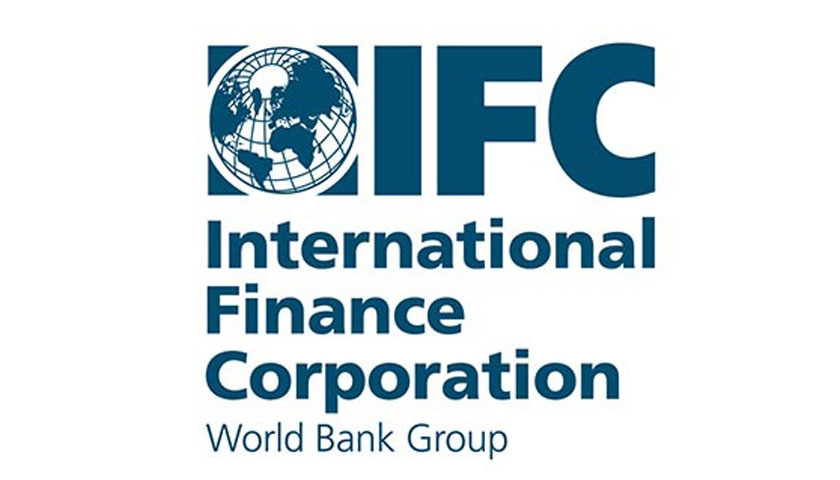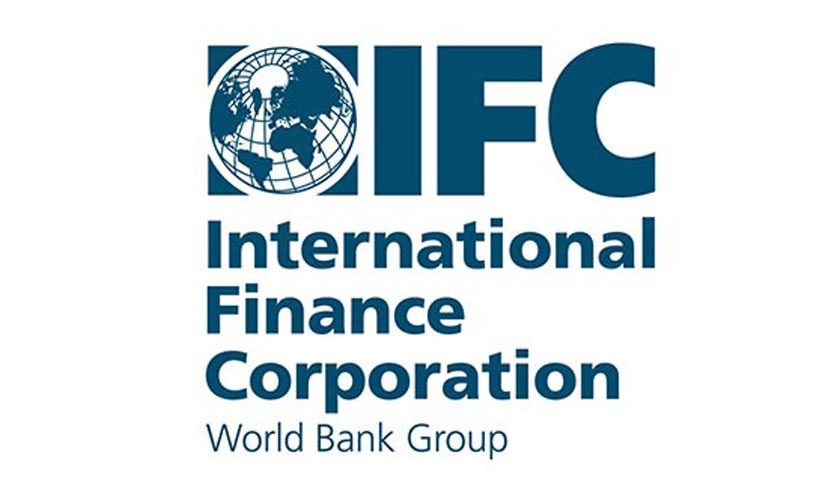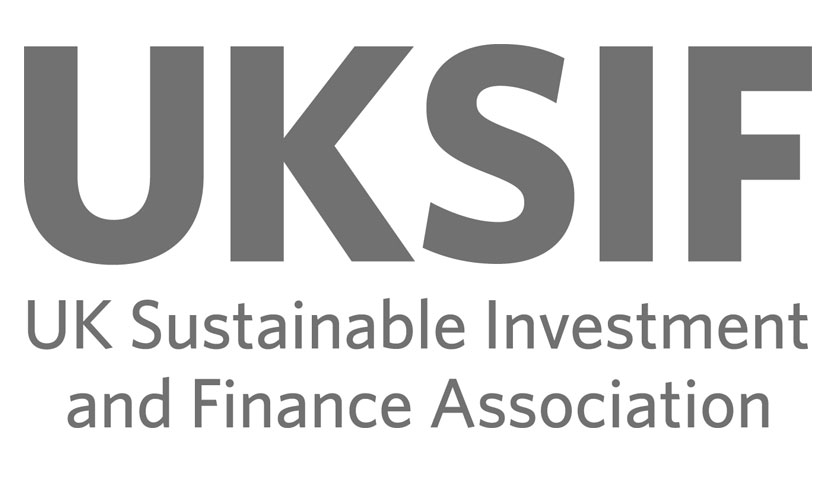Thirty-eight emerging market economies have initiated key banking reforms to drive development and fight climate change, according to the second Global Progress Report of the IFC-facilitated Sustainable Banking Network (SBN). These reforms require banks to assess, manage, and report on environmental, social and governance (ESG) risks in their lending operations and put market incentives in place for banks to lend to green projects.
Of the 38 countries, 22 have adopted national sustainable finance policies and voluntary principles, seven of which were launched in 2019 alone. The report also captures the progress made by 14 countries to actively grow their green bond markets; and data shows increasing innovation by financial institutions to green their lending portfolios.
“SBN members have demonstrated that transforming financial markets toward sustainability is possible,” said Georgina Baker, Vice President of IFC, World Bank Group. “Emerging markets are on the forefront of this shift – and SBN’s tools and guidance have laid the groundwork for more countries to follow suit.”
In addition to providing practical resources for countries undertaking sustainable finance reforms, the report also highlights the peer-to-peer knowledge sharing of SBN members – a hallmark approach of the network.
“The report captures the real-world experience of SBN members to develop sustainable finance,” said Imansyah, Deputy Commissioner of International and Research, Indonesia Financial Services Authority (OJK), and a co-Chair of the SBN Measurement Working Group. “Sharing lessons and knowledge among members has been an important catalyst to drive finance reforms, particularly as countries embark on these efforts.”
“Ultimately, SBN is about collaboration,” said Ye Yanfei, Deputy Director-General, China Banking and Insurance Regulatory Commission and co-Chair of SBN Measurement Working Group. “By bringing together regulators, policymakers, trade associations and development institutions, SBN has been able to not only turn sustainable finance policies into action, but also strengthen measurement to capture market impact.”
Established in 2012, SBN now represents $43 trillion (86 percent) of banking assets in emerging markets. The report is based on an innovative results-measurement approach developed by SBN members as they work to convert sustainable finance policy reforms into practical implementation and behavior change across the banking sector.


